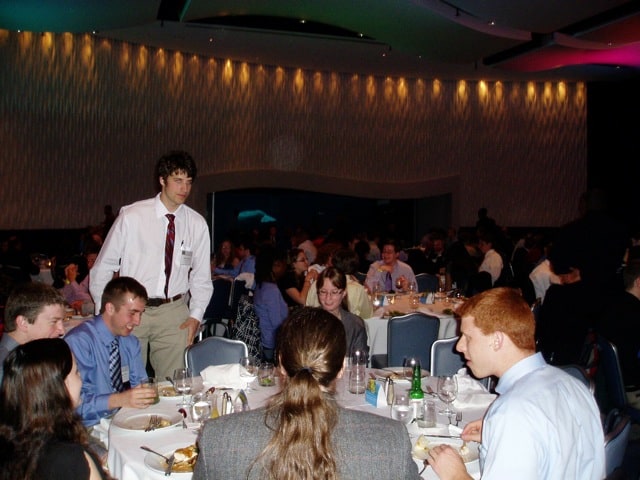Some things never change – unless we really understand how to change them
As a longtime researcher into the controversy surrounding the safe and effective use of atomic energy, I am sometimes struck by how long the discussion has been going on with little change in the nature of the talking points by the mainstream members on each side. Here is an excerpt from a 1977 Ford Foundation report titled Nuclear Power Issues and Choices.
The intense debate of recent years between those who emphasize the promise of nuclear energy and those who fear its consequences has identified but generally failed to clarify the underlying issues. Many critics attack nuclear power as an unacceptably dangerous source of energy that is being forced on the public despite unfavorable economic prospects. They question its economic benefits by pointing to escalating costs of nuclear construction and fuel, poor reactor performance, and hidden subsidies. They emphasize the gravity of the health hazard inherent in the nuclear fuel cycle, pointing to the possibility of catastrophic accidents and to a persistent threat from nuclear wastes, which may endanger civilizations thousands of years in the future. Finally, they assert that nuclear power will lead inevitably to the proliferation of nuclear weapons throughout the world and that every reactor and fuel cycle facility is a potential target for terrorists interested in sabotage or materials for bombs. Some critics conclude that the only solution to these dangers is a moratorium on further construction of nuclear plants.
Its proponents advocate nuclear power as a safe, clean source of energy that is indispensable to the future U.S. and world economies. They assert that it can generate base-load electricity at significantly lower cost than any fossil fuel alternative and that without it the rising demand for electricity cannot be met. They argue that it is demonstrably less dangerous to the environment and to human health than fossil fuel alternatives. They point to the excellent safety record of reactors and calculate that, while an accident could be serious, the probability of its occurrence is vanishingly small. Nuclear wastes, they assert, can be handled in ways that essentially eliminate the possibility of future accidents. They emphasize that nuclear power is an essential component of energy independence. Finally, they maintain that the hazard of nuclear weapons proliferation exists independently of American nuclear power and warn that restrictions on programs or exports would simply turn potential markets over to foreign competitors and reduce U.S. influence over nuclear power developments abroad. Some advocates conclude that future energy demands can only be met by a massive government-supported program to accelerate nuclear power, including early introduction of plutonium reprocessing and recycle and the plutonium breeder. (p. 38 of 420)
The above quote was written more than 30 years ago, but it pretty well describes the main arguments that still surface today. It even ignores the same points that I repeatedly introduce into the debate – the fact that atomic energy is an economic competitor to the fossil fuel industry, the fact that nuclear power plants to not have to be massive and the fact that there are ways to make better use of the energy available in uranium and thorium without necessarily having to chemically reprocess used fuel.
The Ford Foundation study, formally published in January 1977, just before the newly elected Carter Administration took office, played a key role in supporting Carter’s decision to shut down the US nuclear fuel reprocessing industry and to halt development of the Clinch River Breeder Reactor. However, its influence did not start upon its official publication – progress reports from the group’s work during the summer of 1976 were used to frame several debates during the 1976 election season.
The report’s discussion points should be understood by all involved in the nuclear renaissance – especially those who happen to be on my side of the debate. (Grin.)

